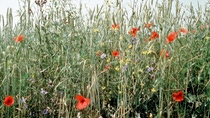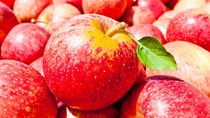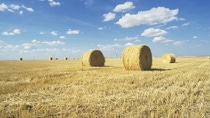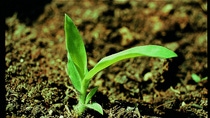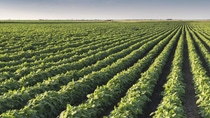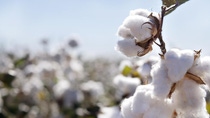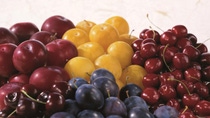Agriculture
Apples
Apples are among the most popular fruits worldwide. The antioxidants in apple have several health promoting and disease prevention properties, and thereby, truly justifying the proverb “an apple a day keeps the doctor away”. The total world apple production amounts to almost 80 million tonnes a year. The main apple producer is China, which accounts for more than half of the global production, followed by the United States, India, Turkey, Poland and other countries.
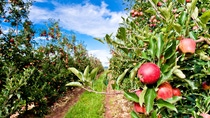
As weeds compete with apples for essential nutrients, apple farmers spend a considerable amount of management effort and financial resources each year to manage weeds, and to maintain high quality and affordable produce. In particular, they need to keep a band below the trees free of vegetation to avoid nutrition and water competition, and give the trees the best growing conditions. On top of that, farmers also have to control excessive sucker growth.
Glufosinate-ammonium is one of the very few products on the market labelled for the control of suckers in apple orchards and a broad spectrum of weeds, in one treatment without harming the mother tree. The use of Glufosinate-ammonium as an alternative to the commonly-used Glyphosate helps to avoid weed resistance development. If applied correctly under the right weather conditions, it is among the safest crop protection solutions in apple orchards.

Did you know?
- At present, there are at least 7,500 cultivated varieties of apples. If a person eats one different variety every single day, it will take over 20 years to try them all.1
- The world biggest producer of apples is China, followed by the USA, Turkey and Poland. In 2012 China supplied 50% of the total world production.2
Please select crop from list
1Elzebroek, A.T.G. (2008). Guide to Cultivated Plants. CABI. p.27.
2FAOSTAT. (Figures from 2012).
